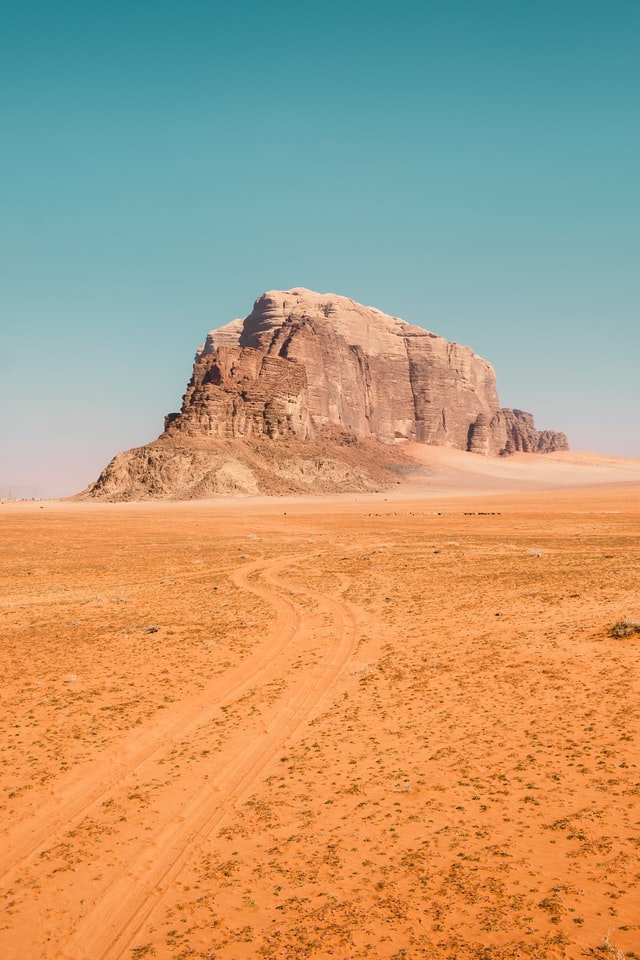By mastering the Eskista, an ancient Ethiopian dance, TED Fellow Melaku Belay survived a childhood on the streets and became a voice for his country. He shares how traditional dances can connect the wisdom of the past to the energy of the future -- and, after the talk, delivers a thrilling performance of Eskista accompanied by a free-jazz ensemble. (In Amharic with consecutive English translation by filmmaker Mehret Mandefro)
Global consumer strategist Aparna Bharadwaj shares a fascinating glimpse at under-the-radar affinities that transcend cultures and borders -- from the way people snack in China and Saudi Arabia to how people shop for clothes in the US and Russia. "There are patterns where you least expect them," she says -- and paying attention to them just might bring the world a little bit closer.
More than a decade ago, roboticist Dennis Hong debuted a new generation of cutting-edge robots. Now he's back to reveal how his lab at UCLA has eclipsed its own achievements with a fleet of wildly advanced and delightful humanoid robots. Part demo, part time capsule, part glance into the future, Hong brings you into the excitement and potential of the next evolution in robotics engineering.
What does inclusive leadership look like? Artist and TED Fellow Constance Hockaday shares how the captain of a trans-Atlantic community raft taught her how to voice her hopes and desires, inspiring a vision of possibility for the future. Hockaday calls for mentors everywhere to step up and invites aspiring leaders to answer one crucial question in order to unlock their agency and power.
Several crises are set to define the next century -- but journalist Aaron Bastani believes we have the technological ability to meet our biggest challenges and create unprecedented levels of prosperity for all. He shows how we could get there by ditching capitalism as the world's economic operating system and adopting "universal basic services," where governments would freely provide life essentials like housing, health care, education and transport. (Followed by Q&A with head of TED Chris Anderson and public finance expert Maja Bosnic)
Our memories and bodies give us clues about who we are, but what happens when this guidance shifts? In this mind-bending talk, science writer Anil Ananthaswamy shares how the experiences of "altered selves" -- resulting from schizophrenia, Alzheimer's, foreign limb syndrome or other conditions -- shed light on the constructed nature of identity. He breaks down where our sense of self comes from and invites us to challenge our assumptions about who we are, with the aim of building a better you and a better world.
Farming is the worst thing humanity has ever done to the planet, says journalist George Monbiot. What's more: the global food system could be heading toward collapse. Detailing the technological solutions we need to radically reshape food production -- from lab-grown, protein-rich foods to crops that don't require plowing -- Monbiot shares a future-focused vision of how humanity could feed itself without destroying the planet.
Depending on your lot in life, you may see the status quo as a result of unearned privilege or a simple reflection of merit. Backed by statistics and personal stories, lawyer Mariam Veiszadeh offers a much-needed perspective check on the quasi-equality touted in business today, calling for real change in workplace diversity and inclusion that routs out biases rather than replicating them.

